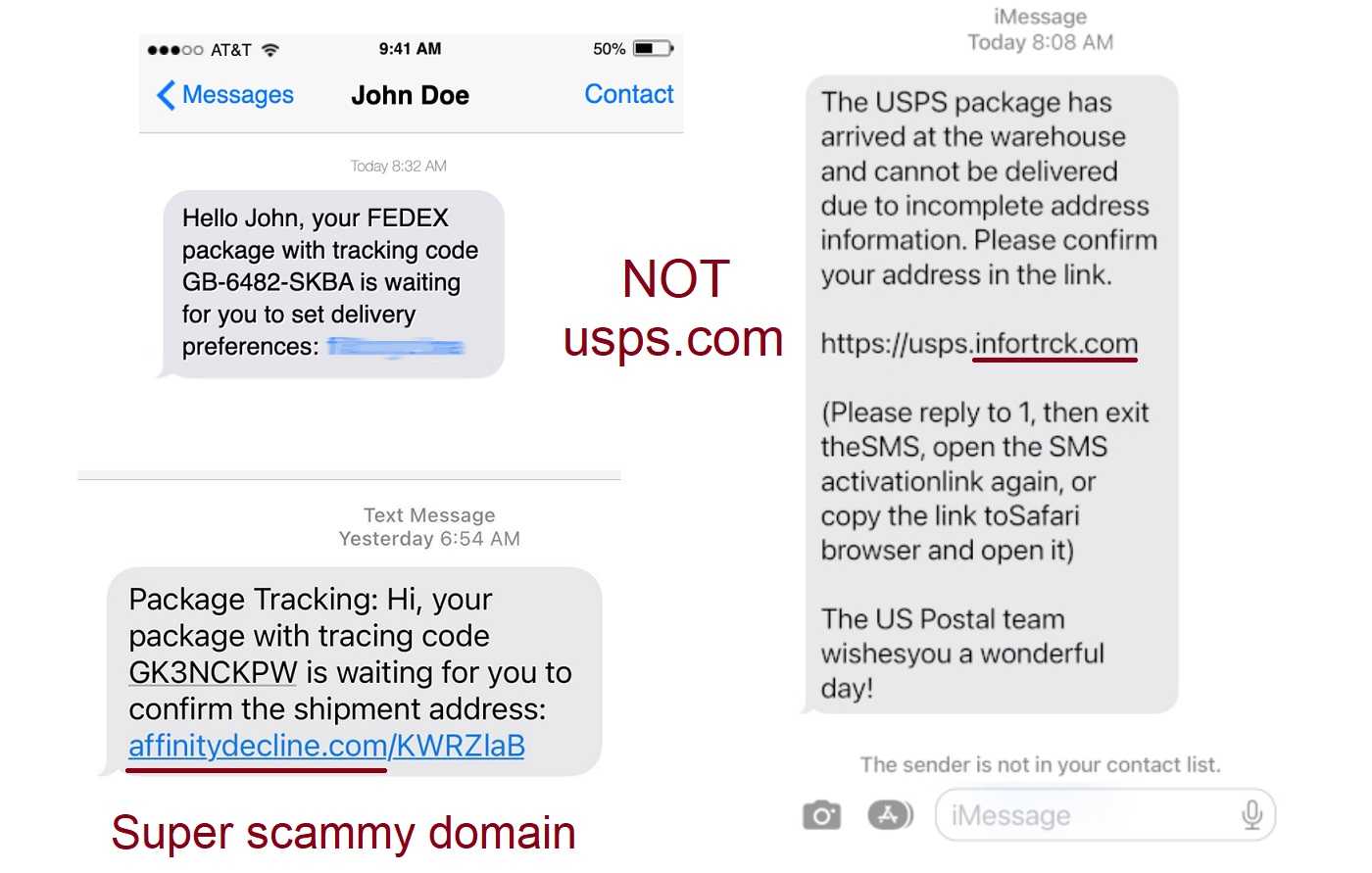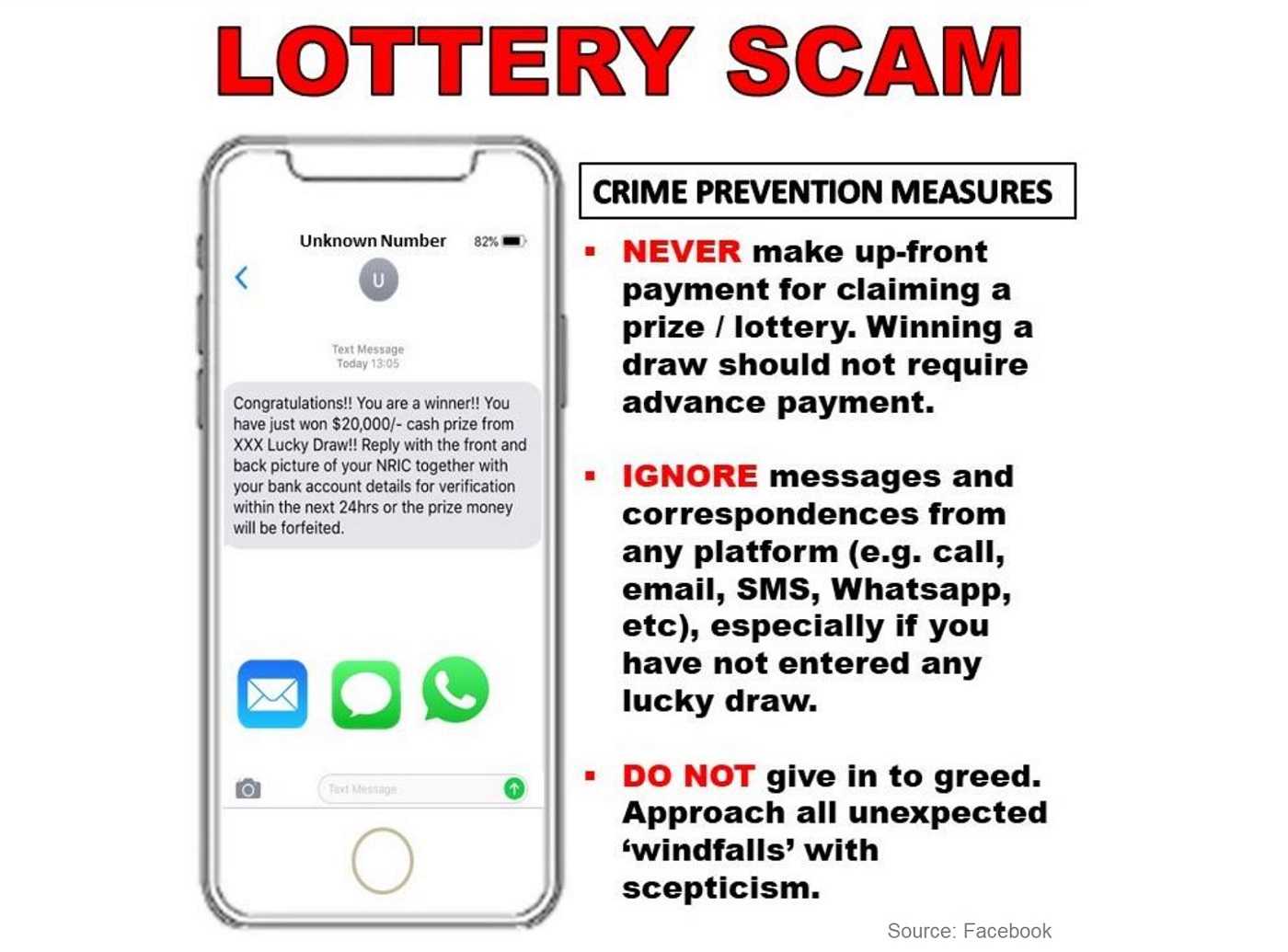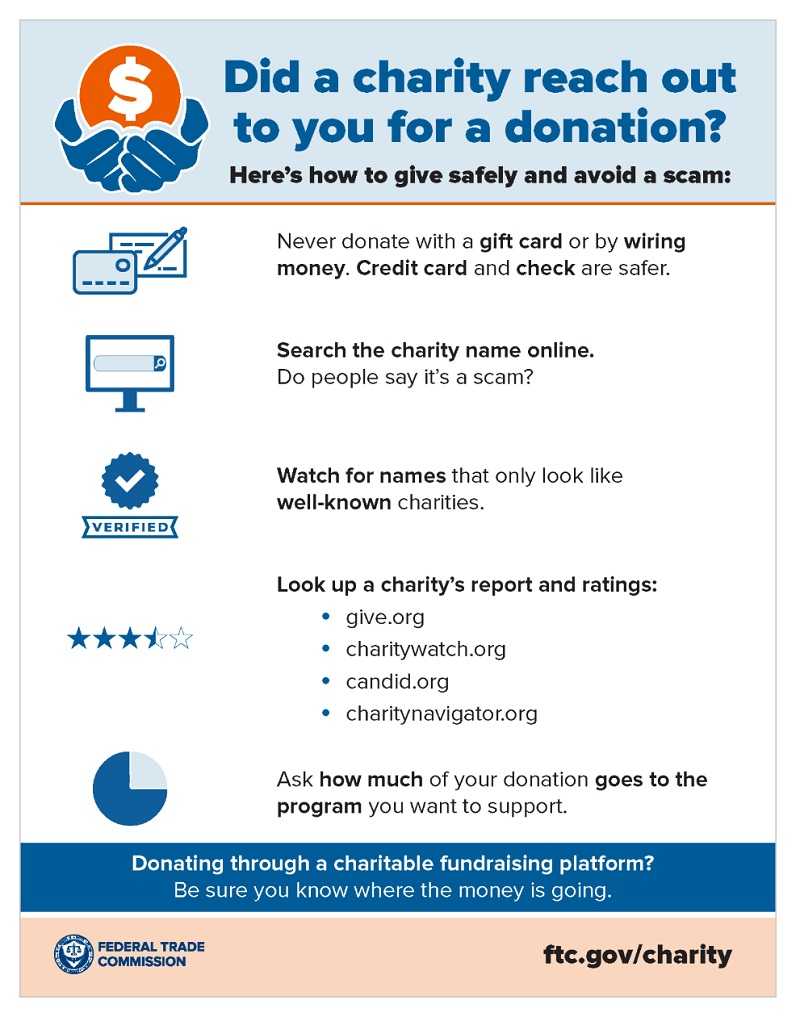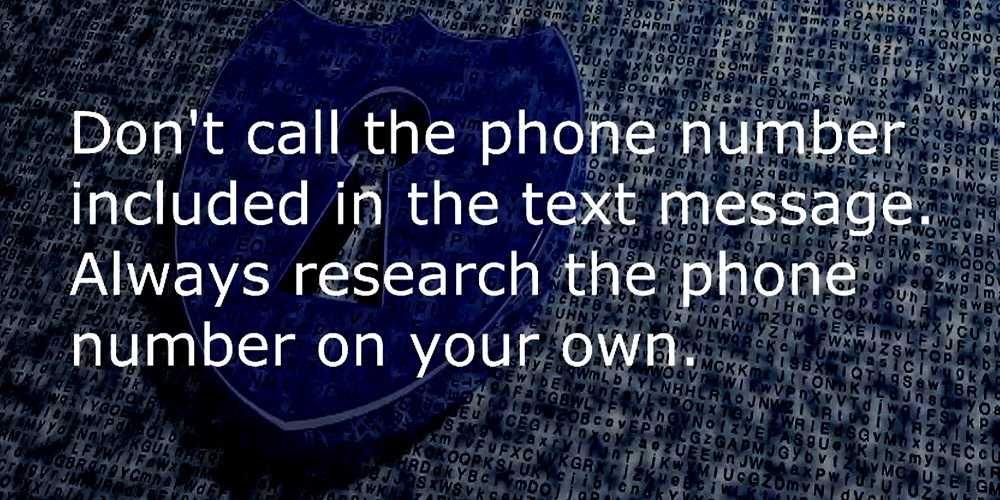Examples Of Common Smishing Scams
December 19, 2024
According to Verizon, one of the leading telecommunications companies, smishing (SMS phishing) is an increasingly prevalent form of cyber-attack targeting mobile phone users. Smishing messages are deceptive text messages that aim to trick individuals into divulging sensitive information or performing harmful actions. Verizon has identified several common types of these types of messages that users should be aware of to protect themselves from falling victim to these scams.
Financial Scams: Financial-themed smishing messages often imitate reputable financial institutions and prompt recipients to click on links or provide personal banking information. These messages may claim that there is an issue with the recipient's account or that unauthorized activity has occurred.

Package Delivery Scams: These smishing messages impersonate popular delivery services, often FedEx and UPS, but also the U.S. Postal Service. The messages notify recipients about a package that supposedly requires additional information or payment. The goal in this scam is to obtain personal or financial information from unsuspecting users.

Prize or Lottery Scams: In these messages, users receive notifications claiming that they have won a prize or a lottery, even though it’s unlikely the user even entered a contest. The scammers often ask for personal information, financial account details, or request a fee to claim the supposed winnings.

Charity Scams: Scammers exploit the goodwill of individuals by sending smishing messages pretending to represent charitable organizations. They request donations or personal information, preying on the desire to help during times of crisis or disaster.

According to FBI statistics, Americans lost $10.3 billion to internet fraud in 2023. Victims reported losses of more than $52 million in 2022, with phishing scams catching people off guard most often with 300,497 occurrences.
When receiving messages such as these, follow a few guidelines to avoid being hooked:
- Verifying the legitimacy of any requests independently, such as by directly contacting the organization or service provider through their official channels. Don’t reply to the message or call the number in it.
 Avoid clicking on links that are unsolicited or unsuspected, or just trigger your sixth sense that something is not quite right.
Avoid clicking on links that are unsolicited or unsuspected, or just trigger your sixth sense that something is not quite right.
- Don’t give out personal information in response to unsolicited messages, particularly if they involve your finances.
- Take a beat to consider the messages before reacting to it. Phishers want you to just react without thought, so taking a minute can save you a lot of pain.